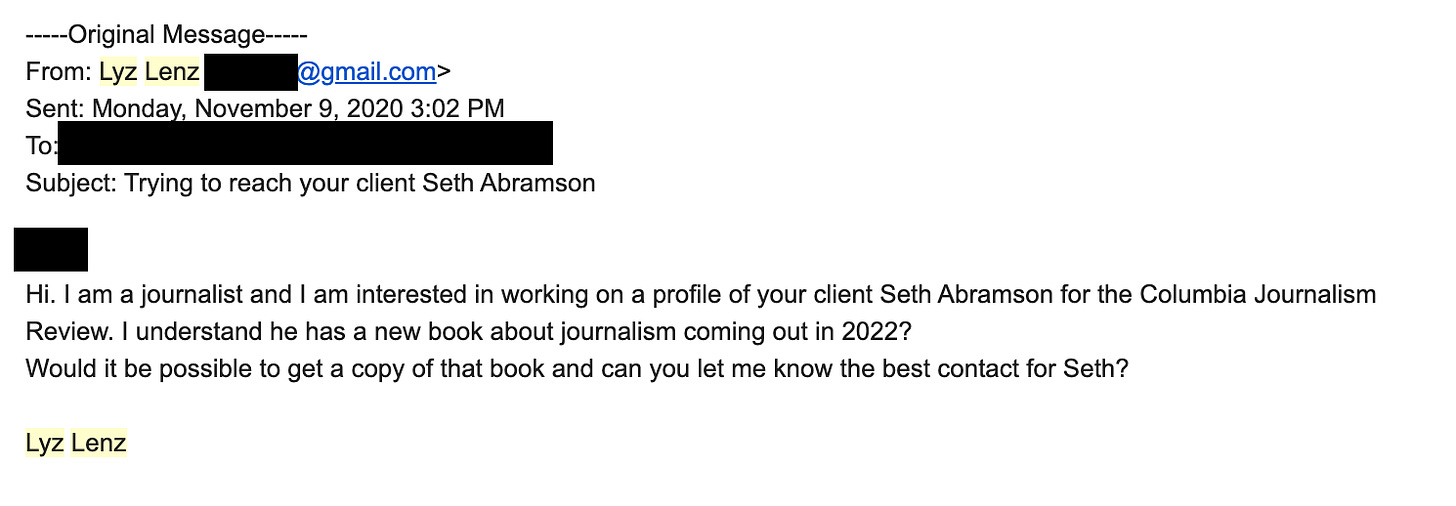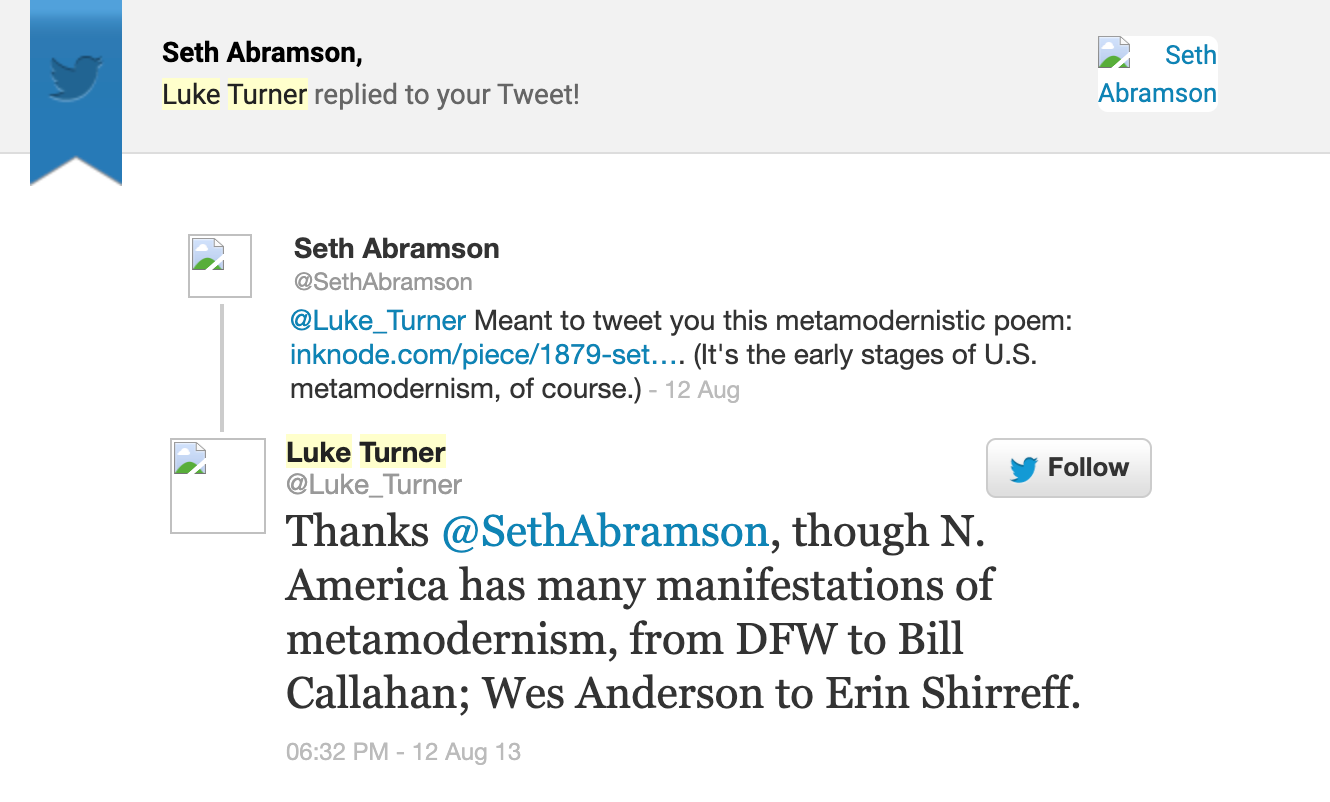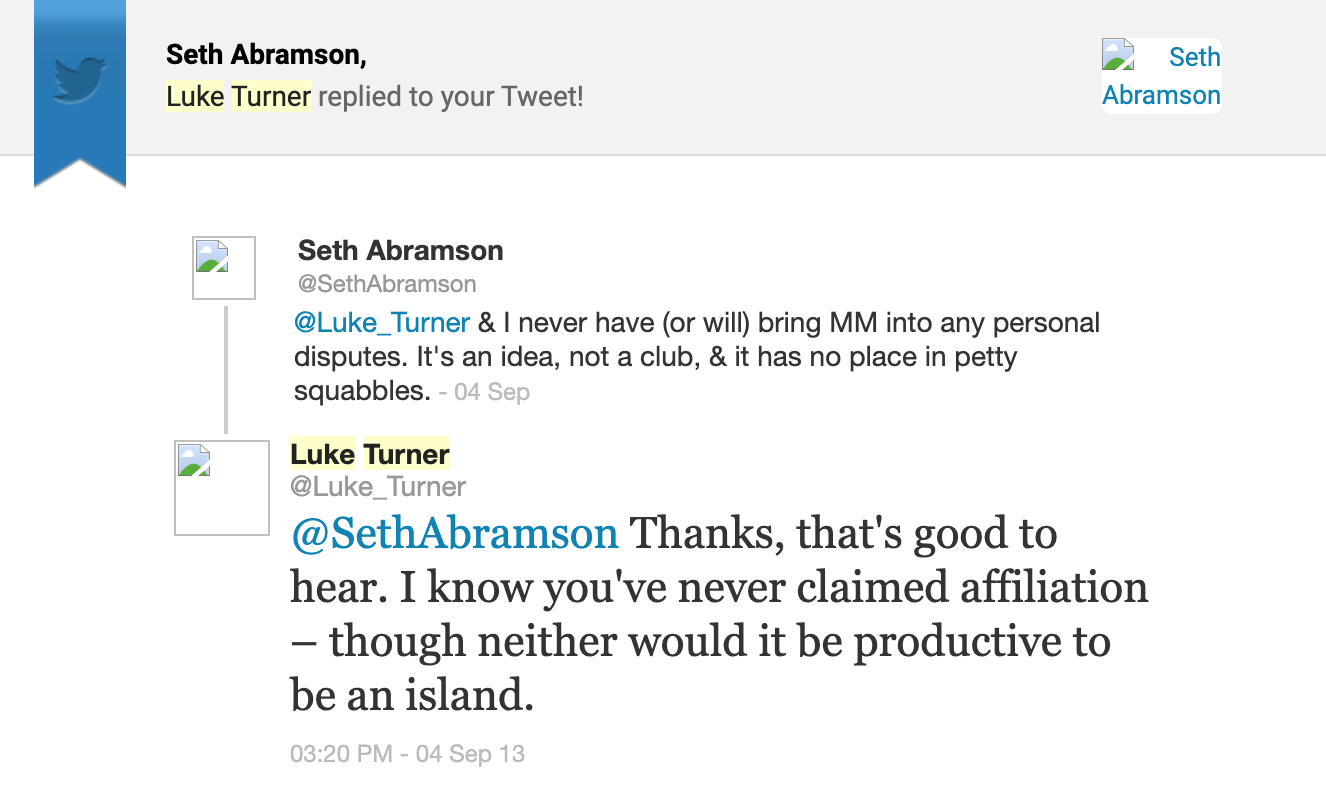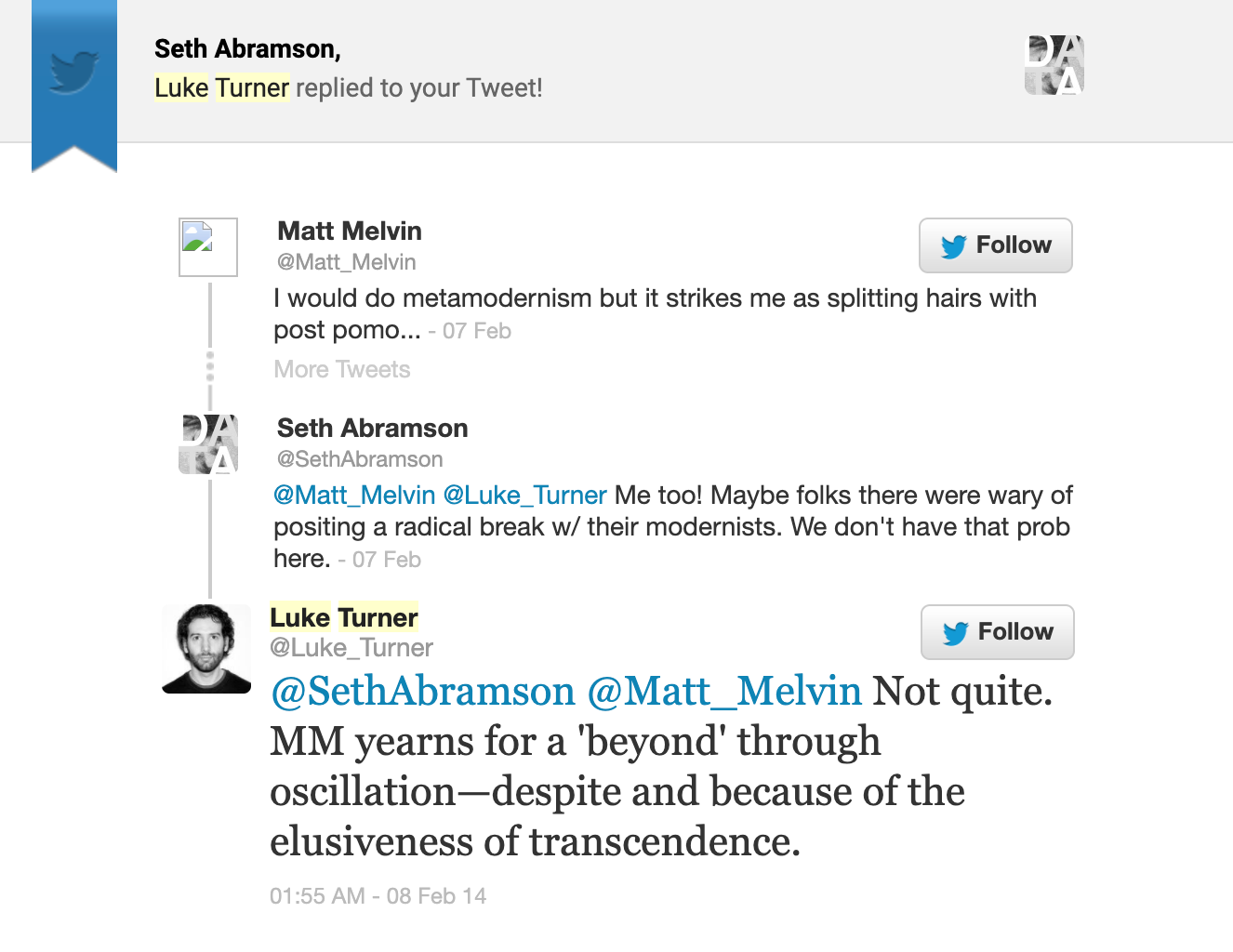Substack Essay Series #2: The Strange Story of Me, Shia LaBeouf, and the War Between Old Media and New Media (Part II)
For reasons I still don't understand, Columbia Journalism Review recently published a passel of lies about me and LaBeouf. In this personal essay, I set the record straight.
{Note: This is Part II of a multi-part essay on the ongoing debate between major media and independent journalists working on Substack about whether the former is confirmably more reliable. Part I of this essay is here; Part III is here; Part IV is here; and a coda is here.}
CJR (Part 1)
This essay has much to say about Columbia Journalism Review—all of it with receipts—but for the moment it’s sufficient to note that on November 9, 2020, a contributing writer at the publication, Lyz Lenz, who had just been fired by the Cedar Rapids Gazette five weeks earlier (on October 5, 2020) contacted my agent to say she was “interested in” possibly doing a profile on me in CJR, and indicating that my forthcoming book Citizen Journalist (Macmillan, 2022) was a primary focus of her attention.
In the event, this is the entirety of what Lenz wrote about my forthcoming book in CJR, despite the topic being one we discussed at great length over the phone:
That Lenz’s plan was never to write about my forthcoming book is beside the point; I note the above just to establish that the article CJR recently published about me has 10 words about its ostensible subject (the first graphic textbook on citizen journalism in the twenty-first century), and a whopping 228 words about some long-ago interactions of mine with obscure British artist Luke Turner and, indirectly, his artistic collaborator, Shia LaBeouf.
{Note: Lenz has since tried to purge the web of evidence of her firing, but unsuccessfully. This thread shows some of the detritus of her purge efforts, which includes details about the claim, bolstered by the paper itself (see this link) that Lenz was considered so biased in her writing for the CRG that her employer got blacklisted by the Republican Party in the lead-up to the 2020 presidential election—a major tragedy for any Iowa newspaper, as politicians normally line up to speak to media outlets in Iowa during, and immediately prior to, a national election year.}
Among the 228 words Lenz spilled about the story I’m telling you now about Turner and LaBeouf—every word of Lenz’s account false, and contrary to what I told her during our telephone interview—are these particularly troubling ones, given the current debate about accuracy and fact-checking in major media versus Substack:
I never told Columbia Journalism Review that I knew Shia LaBeouf, so I don’t know why Lenz asked the actor if he knew me. I did say that LaBeouf knew who I was, as (a) his artistic collaborator Luke Turner told me as much (see below), and (b) LaBeouf himself said as much to Jesse Damiani, a Forbes reporter, at SXSW in 2019. Here’s Turner acknowledging that my Indiewire article sent LaBeouf to him and his odd “manifesto”:
When I sent CJR the above email from Turner acknowledging that LaBeouf knew who I was, they ignored it; when I gave them the phone number of Forbes reporter Damiani to confirm that LaBeouf had offered—unsolicited—words of praise and admiration for my essays on metamodernism at one of the largest music festivals in the United States, CJR ignored it.
I would have provided these pieces of information to CJR prior to them running their story on me, but I had no idea that either Turner or LaBeouf were part of the feature at all—as they had nothing to do with the topic of the feature as presented to me by CJR. More importantly, as this essay is fundamentally about the collapse of fact-checking in major media, when I asked CJR fact-checker Andrea Cruzado, point-blank, if there were any quotes from Turner in Lenz’s piece that needed a response from me—which there were, notably his claim that I’d falsely said he knew me—Cruzado lied and said there were no such quotes in the article. {Note: Needless to say, it’s equally possible Lenz had lied to Cruzado, but Cruzado had Lenz’s article in front of her when we spoke by phone.}
When I called Lenz after the article’s publication to schedule a time for me to send her the months of emails between Turner and myself, she screamed at me and hung up.
Then things got even stranger.
Lenz wrote on Twitter that (a) she had recorded my call to her, as she recognized my number when it came up on her phone, and (b) that I had yelled at her during the call.
Neither was true.
Within a matter of days, Lenz had appeared on the Book Fight podcast with an entirely new story: that I had called her from a mysterious new phone number, not my usual one, to try to trick her into speaking with me, and that me doing so made it impossible for her to anticipate (or therefore record) my call. In fact, I only use one phone number—I’ve used the same phone number for every phone call I’ve made for over a decade—and I never yelled at Lenz (as my wife, who was in the room during the call, can attest).
{Note: Lenz also told the podcast that I’d coordinated a vast conspiracy to launch misogynistic attacks against her online. To this day, I have no idea to what this conspiracy theory refers.}
I began my call with Lenz by saying, “Is this an all right time to talk?” Lenz seemed unnerved to have to speak to me after the lies she had written in her piece—the ones about Turner being only the tip of the iceberg—so she said, a little shakily, that she could only speak briefly. When I told her I had information I needed to send her that confirmed that many items in her story were false, she yelled that she had “repeatedly” asked me for such proof. In fact, she said once—during our initial interview—that if I wanted to bring various parties into the story (e.g., Politico, CNN, and Luke Turner) by sending her private emails to substantiate some of my offhand statements about those parties, I could. I said that I didn’t want to drag people into a story that had nothing to do with them—for their own sakes. Lenz told me she would contact me further, after our initial interview, in the event she needed any clarifications or corrections from me, and I took her at her word. That was a mistake. Despite Lenz ultimately contacting all the parties that she gave no indication she intended to contact—and getting responses back that demanded an immediate reply from me—I never heard from Lyz Lenz again.
In her podcast interview on Book Fight, Lenz tried to rewrite her behavior by saying that she had contacted me after speaking with Politico and CNN to once again ask for proof of my contacts with them. This never happened, as my own email records and phone records will confirm. I have also urged Lenz to publish—start-to-finish—any recording she has of our phone call, as any such recording would confirm everything I’ve said about it.
Lenz’s claim that I refused to provide proof of my contacts with Politico, CNN, and Luke Turner doesn’t make sense in any case, as no one who has been told that Politico has lied about contacts with them, that CNN has lied about contacts with them, and that Luke Turner has lied about contacts with them—and who, most importantly, has documentary proof of all such contacts, which proof he has since posted publicly on his Twitter feed to an audience of over 900,000—would refuse to provide such proof when told by a media outlet that if he doesn’t it will run a false story calling him a liar.
All the above aside, as I know from teaching journalism for years at a public flagship university, even if a source initially refuses to refute claims against them—which, to be very clear, I certainly did not—journalistic ethics would require the publication of a correction once such proof had been provided, however tardily. Neither major-media publications nor major-media watchdogs can publish material they know to be false and continue to enjoy the trust of their readers.
CJR (Part 2)
When I told Columbia University’s lawyer, former Columbia University adjunct faculty Stuart Karle, that CJR had lied about Turner not knowing me despite having the email above and many others from Turner written to me in 2014 (all confirming that he knew who I was), Karle made an incredible claim: that CJR had never said that Turner didn’t know me, only that Turner had claimed that I was not an influence on his work (which I’d never told CJR I was, but this continued the outlet’s cruel trend of asking people to deny claims never made by me to better make me look like a fabulist).
Here is the relevant section (with typos) of Columbia University attorney Stuart Karle’s email to me, from March 7, 2021:
In the event you’re as confused by Karle’s response—on behalf of a self-appointed major-media watchdog and one of the largest universities in the world—as I am, I’ll try to explain it. Karle is saying that because Lenz paraphrased Turner’s lie (“Turner…denied knowing Abramson”) rather than quoting it, it doesn’t require a correction.
Take a beat and re-read that sentence.
In 27 years in journalism, I have never seen a media outlet deny having published something it definitely published—let alone in this bizarre way—in order to avoid having to correct it. I write about this event now because major media is pushing a new conversation about its own editorial oversight, fact-checking, and investigative research capacities and practices—comparing these to those independent journalists on Substack—and American news readers need a detailed anecdote like this one to better understand how morally, ethically, and journalistically bankrupt fact-checking at major media outlets (even a self-appointed watchdog of media ethics) has become.
Luke Turner
My years of interactions with LaBeouf collaborator Luke Turner—one of the scariest individuals I’ve ever encountered in my life, and a man who, based on the information available to me, appears to have spent years stalking me on 4chan and Wikipedia, attempting to coordinate bogus lawsuits against me, and lying about me publicly—began eight years ago, when he started writing me on Twitter to contest my writings on metamodernism. An obscure British photographer with no real following online or off, Turner seemed to believe that by writing a blog-post called “The Metamodernist Manifesto” on his personal blog, he thereafter owned a term that had been coined 38 years earlier by American academic Mas’ud Zavarzadeh in a peer-reviewed, journal-published essay entitled, “The Apocalyptic Fact and the Eclipse of Fiction in Recent American Prose Narratives.”
Here’s what Zavarzadeh himself—the man who coined the word “metamodernism”— had to say about my work (in part, as this was part of a longer email conversation):
Keeping in mind what CJR wrote about me and metamodernism in February 2021—
—I’ll add that when I offered to send my exchange with the father of metamodernism to CJR, along with proof that I was the first American writer to be paid to write about metamodernism (by Indiewire), authored the first and second major-media columns on the subject (the second for The Huffington Post), and had written more on the subject than any writer in English per Google, CJR refused to receive any of this information.
{Note: In the event that Lenz meant, instead, that there’s no evidence that “metamodernism” now gets written about by major media outlets in the United States, a Google News search (as opposed to a general Google search) for the term on March 8, 2021 yields nearly 700 results.}
In any event, my history with the author of the “Metamodernist Manifesto” began in 2013:
Soon after 2013, Turner’s contacts with me turned obsessive, with him appearing on my Twitter feed every time I mentioned the words metamodernism or metamodernist, concepts and terms in which, again, he had taken a bizarre and wholly unwarranted proprietary interest. In the event, I heard from Turner every month in the summer of 2013:
In an apparent effort to keep me on his “side”—at a time when I didn’t yet understand that, in Turner’s view, there were indeed “sides” as to how the word “metamodernism” should be received publicly—Turner starting favoriting my tweets (doing so at least once in both August and September 2013). Then, on September 28, 2013, he followed me on Twitter, though I see now (reviewing my old emails) that he apparently first followed me on July 21, 2013, then un-followed me, then re-followed me in September:
Turner’s obsession with me—I didn’t follow him on Twitter, but not only did he follow me but showed up whenever, again, I mentioned his pet concept—continued into 2014:
By April 2014, however, the tide had turned—and with, I now see, very good reason.
By April, Turner had begun working with Shia LaBeouf as a result of my Indiewire article (see Part I), so I now presented to this minor British photographer as a possible threat: a competitor for mega-star Shia LaBeouf’s attention and admiration, and perhaps even for a role as his mentor in metamodernism. {Note: To be clear, this is a role I can plainly say that I never sought or desired, nor would I have accepted it had it been offered. I have a decades-long history of preferring to work alone and disliking celebrities, and had had enough experience with problematic partnerships with extremely troubled persons that by 2014 nothing could possibly have interested me less than working with LaBeouf. Turner, on the other hand, as an obscure artist, was desperate to attach himself to a Hollywood superstar.}
Little did I know that Turner’s desperation was soon going to push him to insane acts involving Shia LaBeouf, lawyers, and a course of deceit that has now lasted a decade and, within just the last 24 hours, cost me a potential book deal.
This story is continued in Part III.



















I have to point out the way the CJR is acting towards not wanting to retract the story, correct, or apologize to you, Seth, it feels like a tRump hit job behind the scenes. When tRump fucks up (which is often as he is so stupid) and it is pointed out, instead of it being corrected and tRump apologizing for it, white washing language is used and nothing to see here is basically put out to all media to gobble up. I immediately think of #SharpieGate. It feels like tRump has tried to damage your reputation and it backfired (as it always does where tRump is concerned). You have all the receipts and willing to go toe-to-toe with them, which is their worst nightmare scenario.
I hope you sue them. Take them to task, Seth. Never back down.
I'm sending another email to CJR (editors@cjr.org) about their inaction on Lenz's article. (Last I checked, they weren't answering phone or fax.)